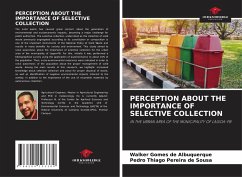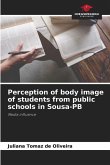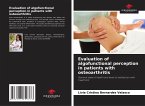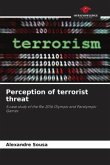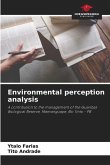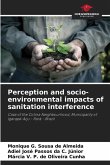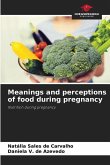The solid waste has caused great concern about the generation of environmental and socioeconomic impacts, becoming a major challenge for public authorities. The selective collection, understood as the collection of solid waste previously segregated according to its constitution or composition is one of the important instruments of the National Policy of Solid Waste and results in many benefits for society and environment. This study aimed to raise awareness about the importance of selective collection for the urban area of the municipality of Lagoa-PB. For this, initially it was performed a bibliographical survey using the application of questionnaires to about 10% of the population. Then, socio-environmental measures were indicated in order to raise awareness of the population about the proper management of solid waste. Among the main results of this research, we highlight: increased knowledge about selective collection and place for proper disposal of waste, as well as identification of negative environmental impacts inherent to the activity, in addition to the importance of the use of recyclable materials by autonomous collectors.
Bitte wählen Sie Ihr Anliegen aus.
Rechnungen
Retourenschein anfordern
Bestellstatus
Storno

